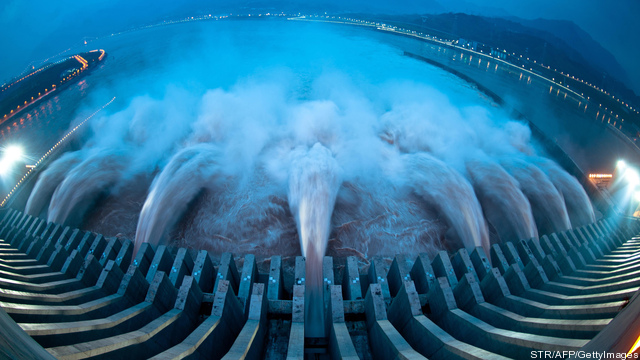Black & Veatch today released its annual Strategic Directions: U.S. Water Industry Report detailing insights of the key issues facing water utilities across the United States. “For the fourth straight year, aging infrastructure ranks as the top concern for report participants. Managing operational and capital costs in an era of strong fiscal pressures from weather-related challenges and a changing revenue model rounded out the top three issues. More than 450 water industry participants provided their insights for the report.
“The current drought and damage to water systems from a second straight extreme winter highlight the challenges facing many utilities,” said Cindy Wallis-Lage, President of Black & Veatch’s water business. For 2015, the report examines the concept of resilience from three vantage points: strategic, financial and operational resilience. The financial challenges identified in the report are significant.” [Black & Veatch]
The second week of climate change negotiations in Bonn, Germany, leading up to the UN Climate Summit in Paris this December have begun. “Virtually all countries and country groups have said they want greater progress in boiling down a lengthy text and honing the sets of issues to be discussed over the rest of the year – known as streamlining – but so far, it hasn’t happened effectively enough. Proposals from countries to discuss some of the core issues in broad terms, in addition to negotiations of specific text, can also help move the overall process forward.
An increased focus is especially needed to address issues like the cycles of improvement, which would involve countries assessing and ramping-up their actions at regular intervals — for example, every five years.” [World Resources Institute]
The combination of fighting an insurgency and the drop in world oil prices has dramatically halted the Iraq government’s investment plans. “There is no reason to believe ISIS will be defeated soon, and it will likely take much longer for Iraq’s production outlook to recover.
Although the major forecasting agencies expect Iraq to meet a significant portion of global oil demand growth through 2020, all costly projects are under special scrutiny due to the budget crisis, no matter how essential they might be towards bolstering supply.
The ISIS blitz in the summer of 2014 left the group in control of several Iraqi oil fields and tens of thousands of barrels in daily production (b/d).” [The Fuse]

